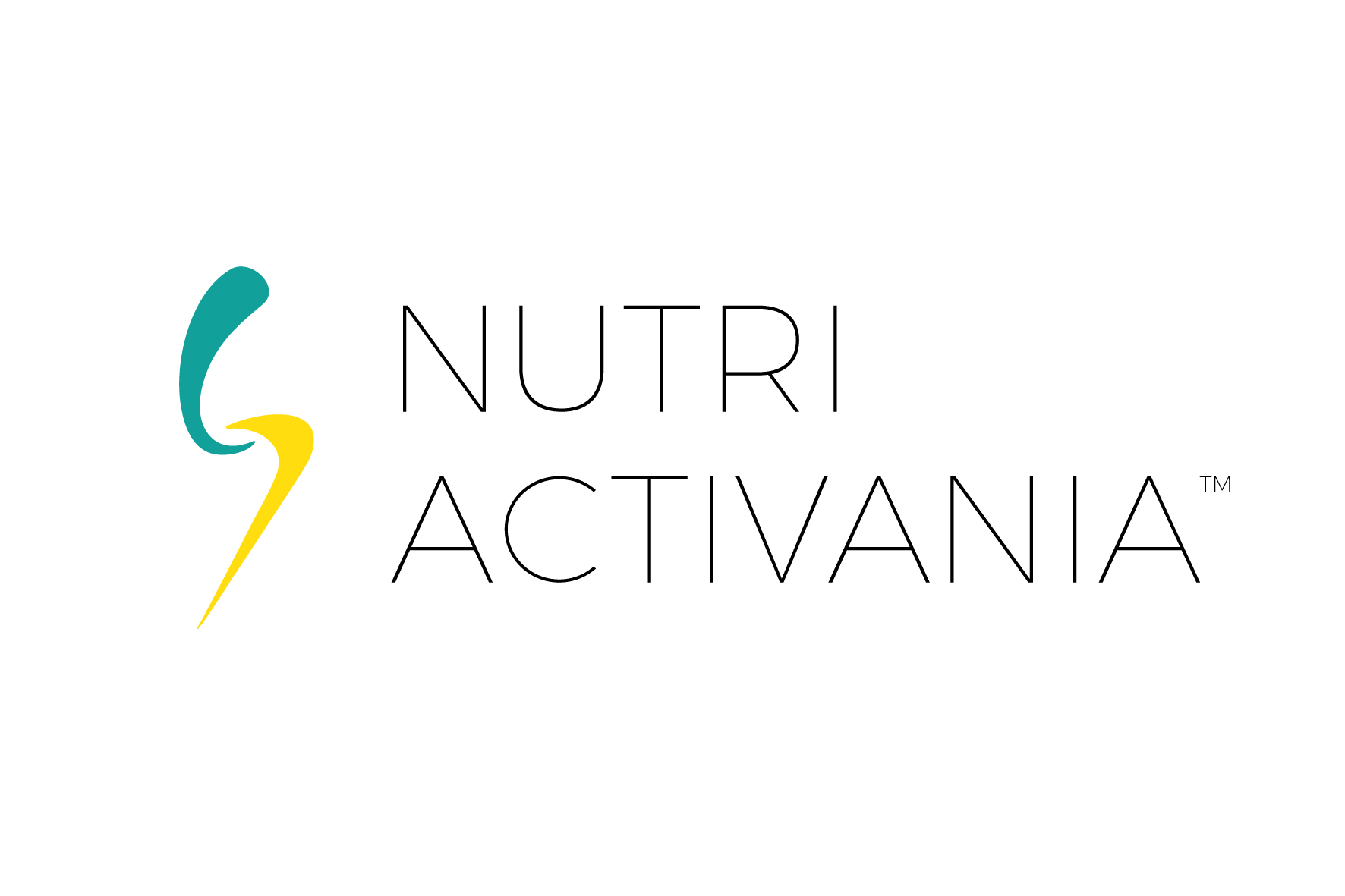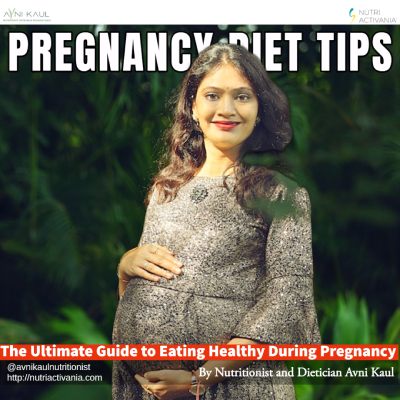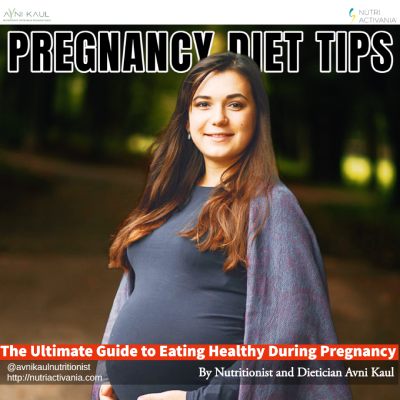India’s leading dietician and nutritionist for pregnancy and for lactating mothers, Avni Kaul shares a highly effective guide to eating healthy during the gestation period for Indian women, considering the 2023 lifestyle and urban living conditions
Eating a healthy diet is essential for both mother and baby during pregnancy. Indian women have a unique set of dietary needs during pregnancy, because of the cultural and traditional foods that are commonly consumed. This article from India’s top dietician for pregnancy and lactating mothers, Avni Kaul, shares an overview of the essential nutrients that pregnant Indian women need, as well as specific food recommendations. It also discusses the foods not to eat while you are pregnant or a lactating mother.
What to eat and what not to eat when pregnant?
In the first trimester, maintaining a balanced and nutritious diet is vital for your well-being and your baby’s healthy development. Rely on credible sources for accurate information amidst well-intentioned advice. Your dietary needs are similar to pre-pregnancy, prioritizing a diverse diet from major food groups: vegetables, fruits, whole grains, protein, and dairy. This supports essential nutrients like vitamins, minerals, protein, fiber, and healthy fats, crucial for your health and your baby’s growth. Seek guidance from a qualified dietician or doctor to ensure informed choices, promoting a healthy pregnancy and well-being.
What foods to eat when pregnant during your first trimester?
As you transition into the second trimester, a moderate boost in your daily calorie intake becomes necessary, though probably not to the extent you might anticipate. During this phase, it is advisable to consume approximately 350 additional calories per day. As you progress to the third trimester, the recommended calorie increment increases to approximately 450 calories daily above your usual intake.
It is important to emphasize that the quality of these extra calories is key. Going for nutrient-dense foods is paramount to make sure both your well-being and the optimal growth of your baby. Consider incorporating lean protein sources, nuts, seeds, and whole grains into your diet. These choices not just contribute to your increased calorie needs but also provide a rich array of vitamins and minerals that are vital for sustaining a healthy pregnancy.
By selecting these nutrient-packed options, you are proactively supporting your body’s requirements during this transformative period. Collaborating with a healthcare professional or a registered dietitian can offer personalized insights to help you make informed decisions about your dietary choices, ultimately enhancing your pregnancy experience and overall health.
Foods that can stimulate the onset of labor?
Specific persistent pregnancy myths revolve around specific foods like dates, pineapples, and unripe papaya, believed to trigger labor. These myths lead expecting mothers to avoid these foods early on to prevent premature labor. Conversely, some consume these foods later in pregnancy in an attempt to induce labor.
Regrettably, no substantial evidence supports the notion that any food universally induces labor. Though occasional anecdotes claim certain foods triggered labor in individual cases, Avni Kaul explains no one can provide a definitive recommendation without consistent, research-backed proof.
Is it safe to consume seafood?
Contrary to the myth, seafood isn’t off-limits during pregnancy. Fish offers essential lean protein and fatty acids crucial for your baby’s brain development. Aim for 2-3 servings weekly, about 226.8 to 340.2 grams, or consider a DHA supplement. Yet, avoid high-mercury seafood, harmful to you and your baby. Safer choices like canned light tuna, catfish, cod, oysters, salmon, shrimp, and tilapia have lower mercury levels. Skip larger predatory fish like bigeye tuna, marlin, and swordfish to steer clear of higher mercury content.
What foods to avoid during pregnancy?
Being aware of what not to consume during pregnancy holds specific significance, as your choices now affect not only your own well-being but also that of your developing baby. During pregnancy, it is crucial to steer clear of foods that might harbor bacteria like listeria, which can lead to foodborne illnesses.
While a foodborne infection may result in mild symptoms for a healthy, non-pregnant individual, dietician Avni Kaul says, “for a pregnant woman, such an illness could adversely affect the baby as well.” To minimize the risk of foodborne illnesses, pregnant women are advised to avoid the following:
- Lunch meat or deli-style meat
- Soft cheeses, such as Brie and feta
- Soft-cooked eggs
- Unpasteurized dairy products
- Prepared salads such as egg salad, or chicken salad
- Raw sprouts, including alfalfa, clover, radishes, and mung bean sprouts
Should you intend to consume deli meats, hot dogs, dry sausage, or smoked seafood, it is recommended to heat them to a minimum of 165 degrees Fahrenheit to eliminate any potential bacteria before consumption.
Which drinks to avoid during your pregnancy?
Drinking any quantity or variety of hard drinks during pregnancy is considered unsafe. For those who love coffee or tea, it is important to restrict caffeine intake to a maximum of 200mg per day, equivalent to a cup or two of coffee. Research indicates a connection between caffeine consumption during pregnancy and reduced birth sizes in infants.
How to stay away from midnight snacking?
Pregnant women usually find themselves waking up during the night to use the restroom and experiencing heightened hunger. To address this, consider the following things. Upon waking up feeling famished, it is recommended initially drink water to gauge if your body might be craving hydration. If hunger persists, go for a protein-rich bedtime snack to help stave off nighttime hunger.
Opt for a snack that will not trigger heartburn, and look to consume it for approximately 30 minutes before lying down. For optimal satisfaction, make a balanced combination of a protein source and a small portion of carbohydrates. This pairing prolongs the feeling of fullness due to a slower digestion process. An easy yet effective option is whole wheat toast topped with peanut butter. Always prioritize consulting your dietician before implementing any dietary alterations during your pregnancy
- Is It Safe to Eat Mango If You Have Diabetes? - April 30, 2024
- Amazing Indian Foods to Lower Your Blood Pressure Level Naturally - April 26, 2024
- Fruits That Can Help You Lose (or Maintain Your) Weight - April 23, 2024


